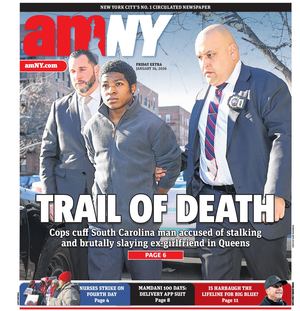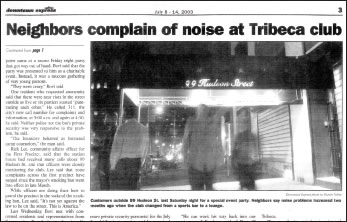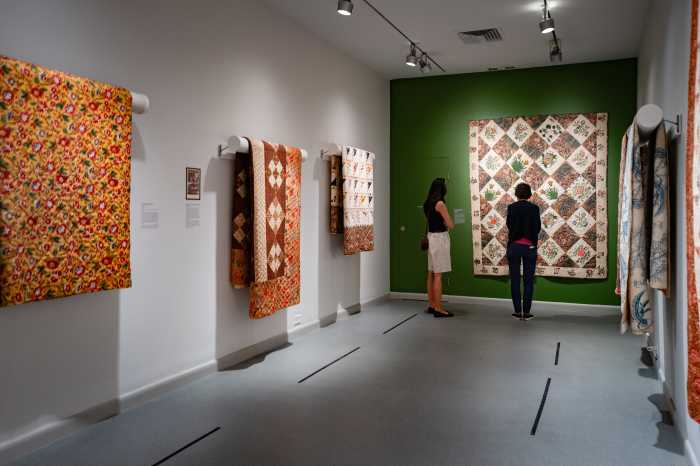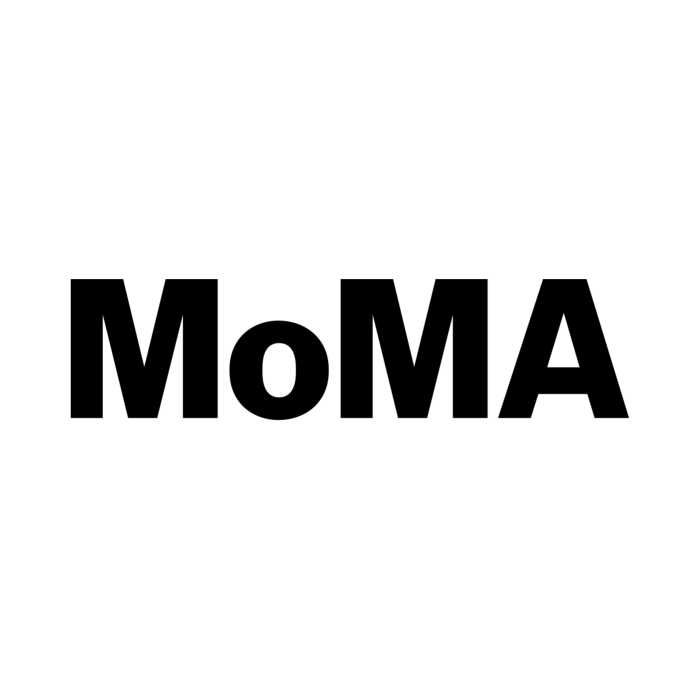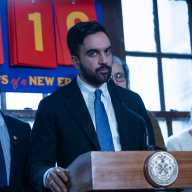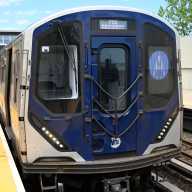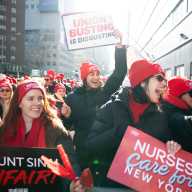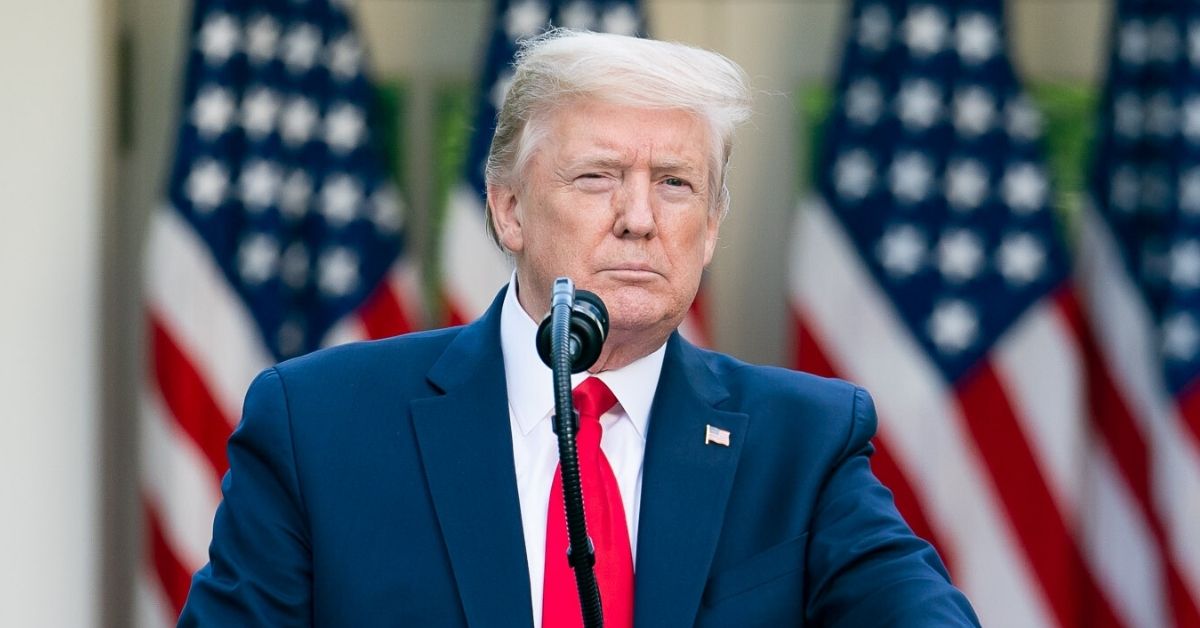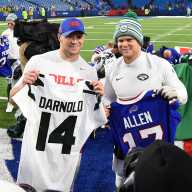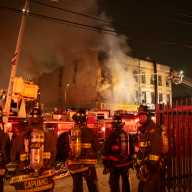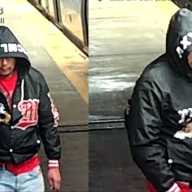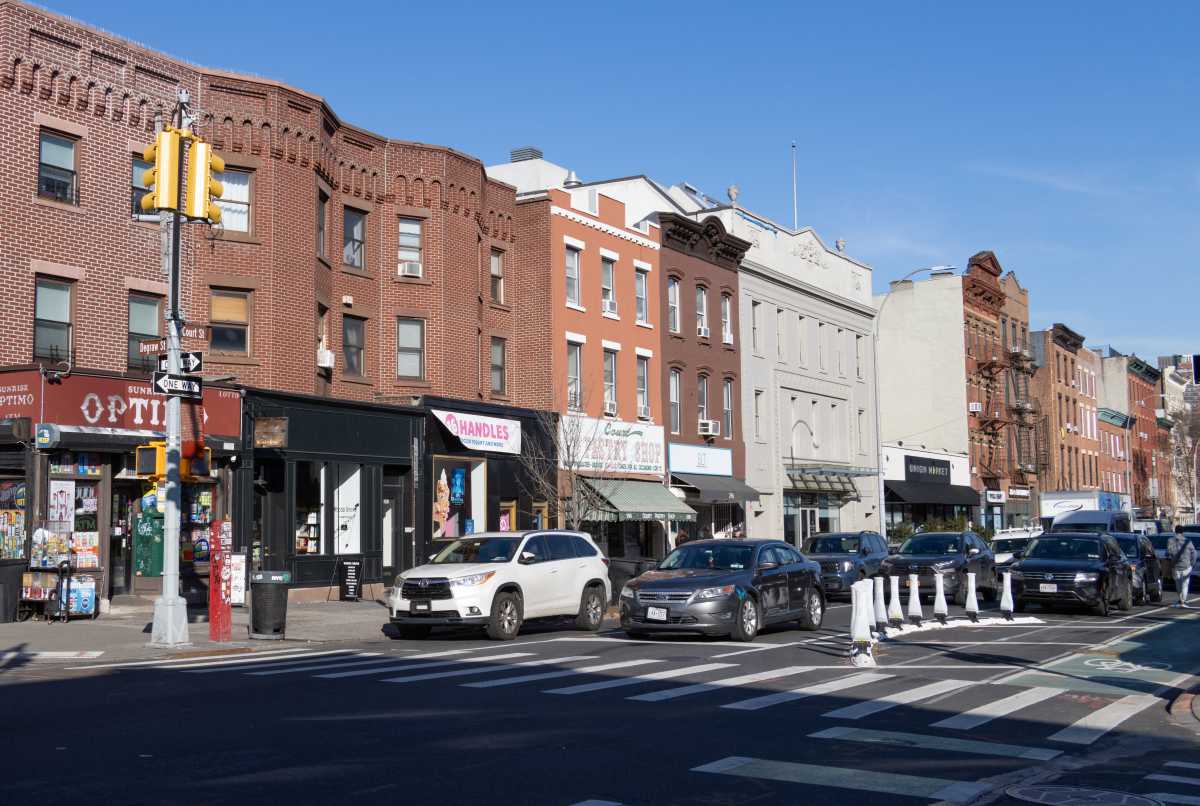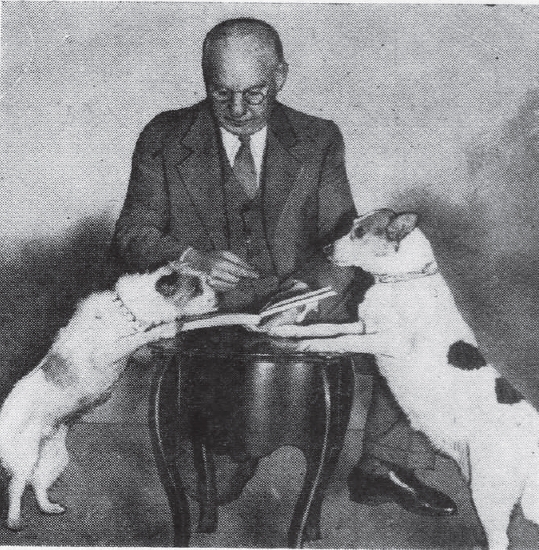Last week, in an article by Michael Mandelkern, “Squadron pushes crackdown on unruly nightclub,” the Downtown Express covered the efforts of State Senator Daniel Squadron and other Albany legislators to penalize unruly nightclubs that cause grief for nearby residents. The new bill, passed by the State Senate and waiting to be approved by Governor Paterson, would give the State Liquor Authority the right to revoke the licenses from nightclubs that incur six noise complaints within two months. This legislation is only the latest installment in a series of tensions between residents of Lower Manhattan and the clubs that do business until the early morning.
A 2003 Downtown Express article testifies to the history of conflict between Downtowners and the nightclub culture that grew popular at the time, especially in Tribeca. Titled “Noise Complaints at Tribeca Club,” the article, written by Elizabeth O’Brien, covered the controversy of 99 Hudson St., a bar that accrued several noise complaints within two months of opening its doors. The complaints residents aimed at that establishment, along with pressure from other Downtown residents in similar situations over the years since, form the basis for the Squadron’s intentions to create new regulations.
99 Hudson, which opened in 2003 and replaced a relatively tame sports bar, caused those living in nearby residential buildings “sleepless nights,” wrote O’Brien. Laws prohibiting smoking indoors, then newly enacted, were causing smokers to move out to the street, and their noise was keeping Tribecans awake. The club’s owner, Paul Bovi, also admitted to some “improper bookings,’” special events run by independent promoters that got out of hand. O’Brien also wrote that, according to one patron, “there were near riots in the street outside as five or six partiers started ‘pummeling each other.’”
This, and other anger incited by the club’s drunken patrons, sparked a Community Board 1 meeting, wherein Bovi apologized for his mistakes, admitting he would need to change his business significantly. C.B. 1 then relented slightly, agreeing to give Bovi more time to sort out his troubles. “‘He has right to do business,’” noted Albert Capsouto, then chair of the C.B. 1 Tribeca committee.
Now, if Patterson signs the new bill into law, clubs with similar records over a similar period of time may not. The issue of 99 Hudson, now closed, has been reiterated often in Tribeca and the greater Downtown area, as residents continue to express frustration at the noise produced by bars and clubs. According to Mandelkern’s article, the bill would allow the S.L.A. to bring problematic bars to a hearing after police are called to an establishment six times in two months. The result could be severe; the loss of a liquor license would almost certainly kill any club punished so sternly.
According to Paul Hovitz, a C.B. 1 board member, the longstanding problem will not end even with the introduction of new regulations. The simultaneous rush of families and entertainment establishments to Tribeca, he told Mandelkern, will continue to be an issue. “‘This is a positive step,” he said in last week’s article, “‘but it’s not going to solve all our problems.’”
— compiled by Joseph Rearick
